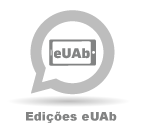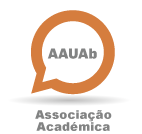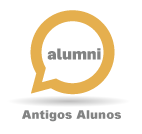The international event 4th Short-term joint staff training took place at Universidade Aberta’s headquarters between March 28 and April 1. The meeting was held within the funded Erasmus+ project “Enhancing Universities’ Sustainability TEaching and Practices through Ecological Footprint (EUSTEPs)”.
The EUSTEPs project aims at interweaving conceptual knowledge of environmental, economic and social principles of sustainability with popular digital tools and innovative teaching and learning practices.
The project is carried out by a strategic partnership between four European universities and the non-governmental organisation Global Footprint Network, the official home of the Ecological Footprint methodology and applications. The Aristotle University of Thessaloniki, in Greece leads the project and counts with the participation of the University of Siena, in Italy, and the University Aberta and the University of Aveiro, in Portugal.
During the event the results obtained after two and a half years since the beginning of the project were presented, namely:
- Balance on the pedagogical materials developed on sustainability education and its training initiatives for students, teachers, non-teachers and managers;
- Development of the ecological footprint calculator of higher education institutions (HEIs);
- Presentation of the MOOC “Sustainability and Ecological Footprint: From Theory to Practice”, developed by the Universidade Aberta and expected to be released soon at the AULAbERTA plataform of the University.
On the morning of April 1 took place at the Universidade Aberta the event of launch and dissemination of the Ecological Footprint Calculator for HEIs with the support of the Sustainable Campus Network of Portugal. This 3rd Multiplier Event had the theme “Sustainability in Action: How to Reduce the Ecological Footprint in Our Higher Education Institutions” and counted with more than one hundred participants online. During the session, the experience and the first results of the calculator of the four partner universities of the project were presented.
Both the calculator and the pedagogical materials produced are freely accessible and are expected to be used by many HEIs. The calculator is an important new tool for monitoring and assessing the environmental sustainability of HEIs.













